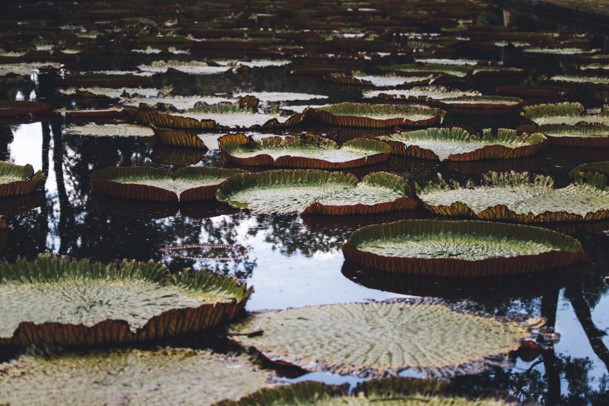Our first post describes what a climate change is and what the common reasons for it are. Changes in climate obviously have great influence on all the systems and organisms on Earth. This blog will focus on the possible consequences global warming can and does have on various ecosystems of our planet.
What is an ecosystem?
Firstly, let us look at what an ecosystem actually is. An ecosystem is a biological system consisting of the living organisms (like plants and animals), their environment, also including the non-living components of this environment, and all the interactions between them. A pond, for example, is an ecosystem – including all the plants, fish, invertebrates and microorganisms that make up the living component of the system. Moreover, any ecosystem is a complex system, which is self-organizing, self-regulating, and self-developing. An ecosystem is also an open system, which means that there is some amount of energy this system receives from the outside, as well, as a certain amount of energy this system releases.

All ecosystems on our planet depend on the climatic conditions in which they develop. Therefore, if the climate changes, the ecosystems will change as well, which can have dramatic consequences. Below we will consider an example of a changing ecosystem under the influences of changing climates. We will also talk about what can be done to prevent the most dramatic consequences of such changes.
Marine ecosystems
Many marine ecosystems of our planet are already struggling from overfishing and loss of habitat due to human activity. If significant climate change is added to these stress factors – many of these ecosystems may not survive. One of the most dangerous consequences of climate change on marine ecosystems would be the death of coral reefs, or coral bleaching. Coral bleaching is caused by high water temperatures, and the death of a coral reef results in a big loss of biodiversity. Moreover, climate change will most probably bring more storms and hurricanes, which also negatively influence many marine environments, especially the corals, other coastal ecosystems and, consequently, the coastal communities.
For millions of people on our planet fishing is the main source of income and the main means of living. Several scientific investigations point out that changing climate will have dramatic effects on the productivity of many marine and freshwater fisheries of the planet. This, in turns, will have horrible effects on some of the poorer societies of the Earth, completely depending on the fisheries for their survival. According to some estimates, the effects can be noticed as soon as within the next 20 years. While it is true that global warming will lead to a higher biological productivity of the ocean in sub-arctic and arctic regions of the planet, it is also true that most of the poor developing countries are located way outside these zones. The closer to the tropical zone, the more the productivity of the ocean will decrease. And this is the area where countries with huge populations depending on fishing, are located. A huge number of social and economical problems will follow the change.